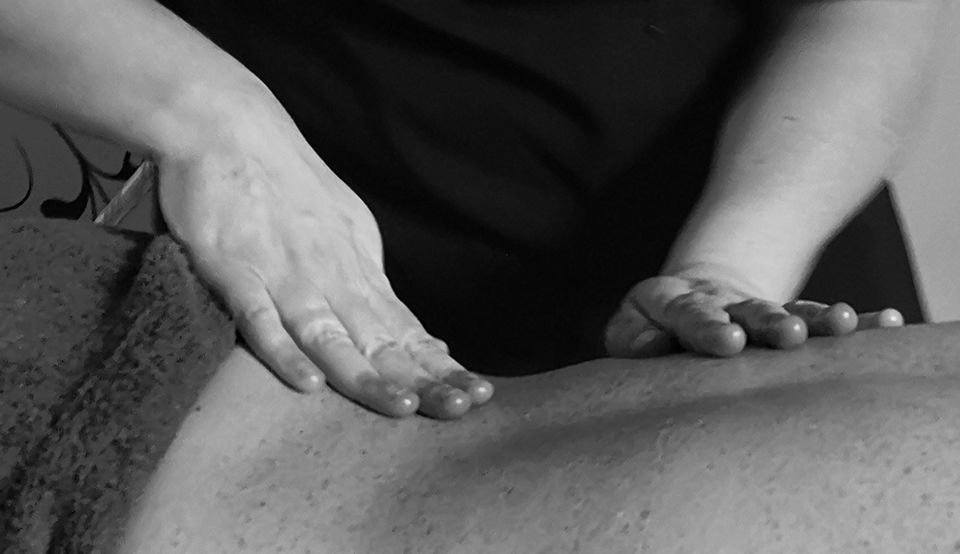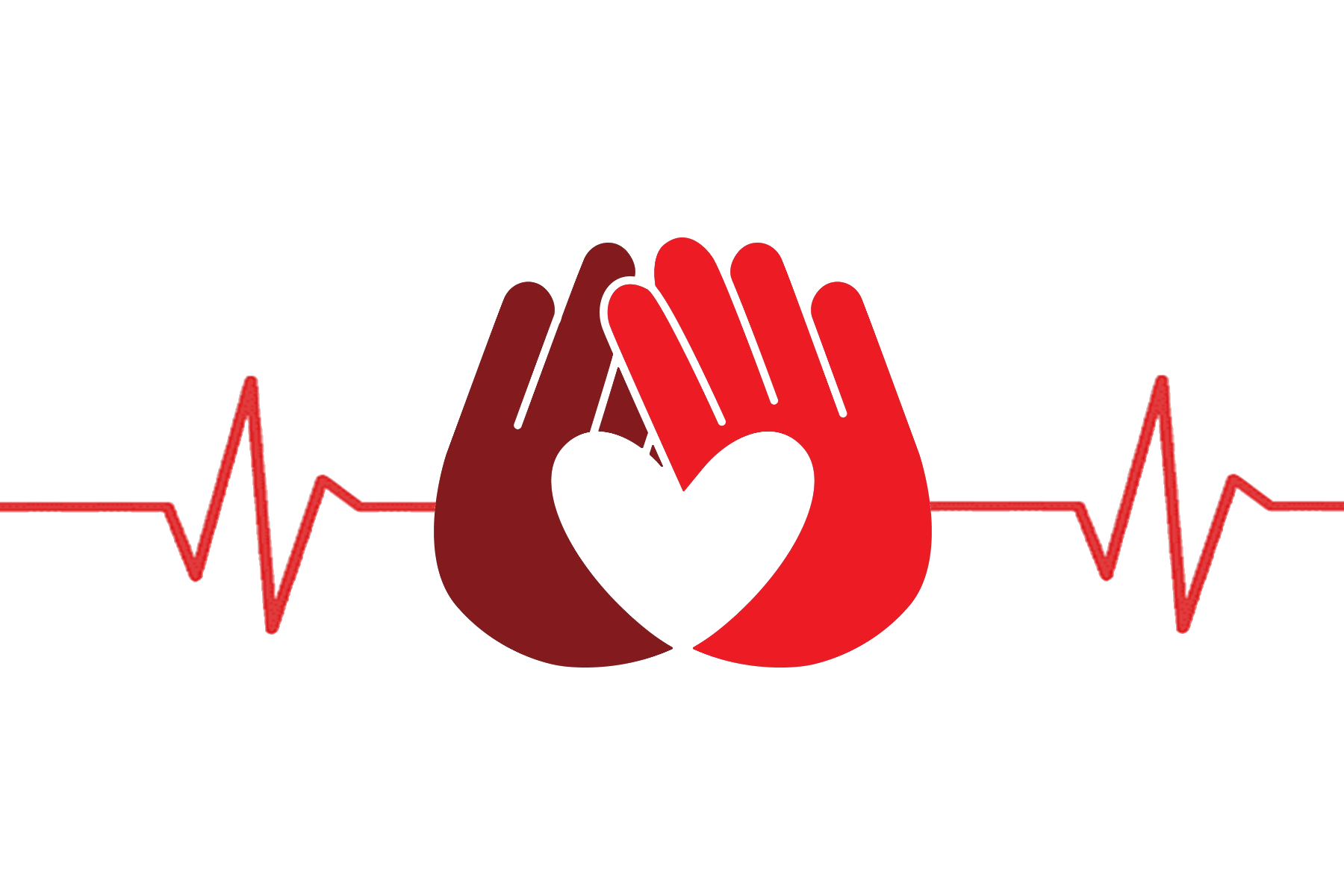Empathy and Energy Exchange
During any massage there will be an energy exchange between client and therapist which will determine the experience as a whole. It is not merely the therapists skill, knowledge and technique that makes a massage but also the intent of the massage. This is where empathy in the therapist is important, because the intent can change the whole experience for the client.
As a nurse and a midwife I am no stranger to taking an empathetic approach with patients, experiencing an emotional resonance with them. When you understand a clients emotions to the point of feeling them as if they were your own, you are able, as a therapist, to intuitively understand what your client needs. This is particularly important, for example, in a massage for grief. When this compassionate exchange of emotions is present, the intent of the massage will be experienced differently, even if it looks from the outside to be the same. If the therapist is in tune with the client they will instinctively find areas of tension and recognise signals from the body, which will lead to a more healing experience. For example, if a therapist has just gone through a messy divorce and is full of anger, her energy will not be particularly healing. Just as we can pick up on negative atmosphere in a room, the client will pick up on the therapists energy, even if not on a conscious level. Due to the close nature of a massage the energy exchange is much more likely.
The client simply needs to be open and willing to have a healing experience, whereas the therapist must ensure that the intent of the massage is client focused healing, no matter what their own negative emotions may be at the time. In this way the therapist can transform any  negative energy from the client into positive, while ensuring that she doesn’t take on negativity from the client. Some form of meditative practice may be beneficial to achieve this.
negative energy from the client into positive, while ensuring that she doesn’t take on negativity from the client. Some form of meditative practice may be beneficial to achieve this.
5 EMPATHETIC VALUES TO IMPROVE ENERGY EXCHANGE BETWEEN THERAPIST AND CLIENT:-
- LISTENING –really listening and providing constructive feedback can help a client to see their problems differently. Clients will pick up on insincerity.
- SENSITIVITY – sensitivity to the emotions of a client is all part of effective communication and building trust. This concept extends into time management, client confidentiality and the way you carry out a massage. Each client is an individual and tailoring a massage treatment to their individual needs demonstrates sensitivity.
- HONESTY – Honesty with explanations in an important part of any therapist-client relationship, but the tact with which you do it can make all the difference in building trust
- IMAGINATION – being able to relate to a clients feelings with an open mind and without judgment
-APPRECIATION – It is through our interaction with clients that we truly understand the mind and body, and build our knowledge learned in order to use the best techniques , so appreciation of the client is important. Empathy is important in order to have a positive exchange of energy during a treatment, but given that there will often be some kind of negative energy coming through the client, therapists must learn to detach themselves professionally, without being desensitized to the client, in order to find a balance so that no boundaries are crossed. Being empathetic with a client to the point of being overly connected, so that you are unable to withdraw from that client will not only be detrimental to you as a therapist but also to your next client. However, if a balance is kept, an empathetic approach will only add to your effectiveness as a healer.
